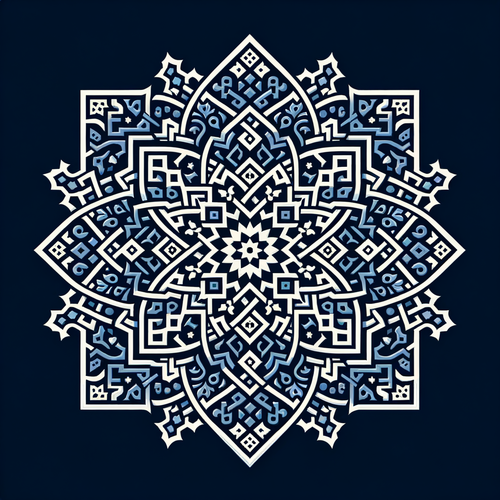The Fascination of Arabic Language, Literature and Culture at Freie Universität Berlin
Classical Arabic literature? Check.
Arabic language? Definitely.
Arab life in Berlin? We have that too.
We go far beyond the usual.
The development of writing, book culture, urban history, interculturality, diaspora, diversity - Arabic Studies at Freie Universität Berlin covers a broad spectrum. Philological and aesthetic examination of forms, media, texts and practices from the 6th century to the present day are also a focus.
Study on the Bachelor's degree program in History and Culture of the Middle East, the Master's degree program in Arabic Studies or the interdisciplinary Master's degree program in Interdisciplinary Studies of the Middle East (ISME). Closely interlinked research and teaching. Language-intensive and philological.

